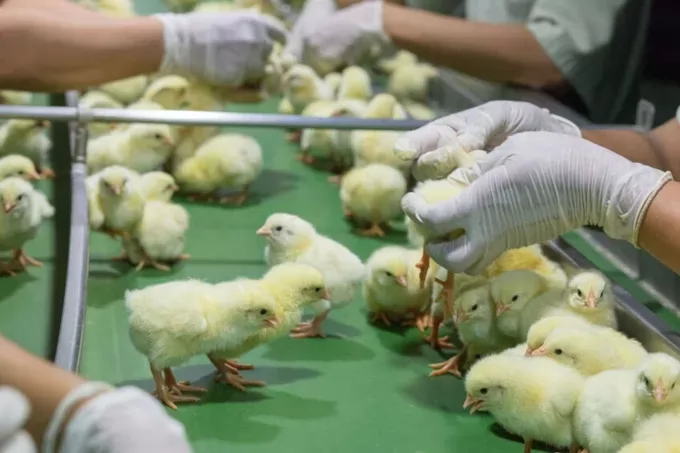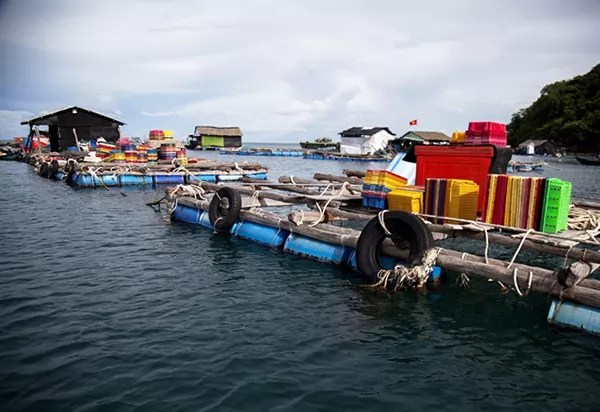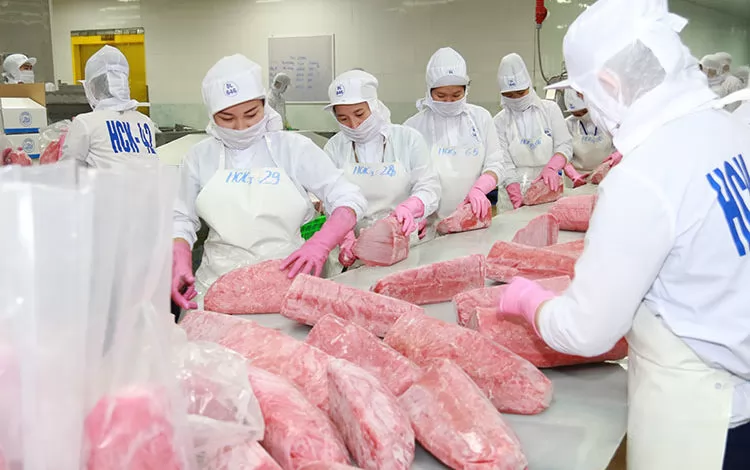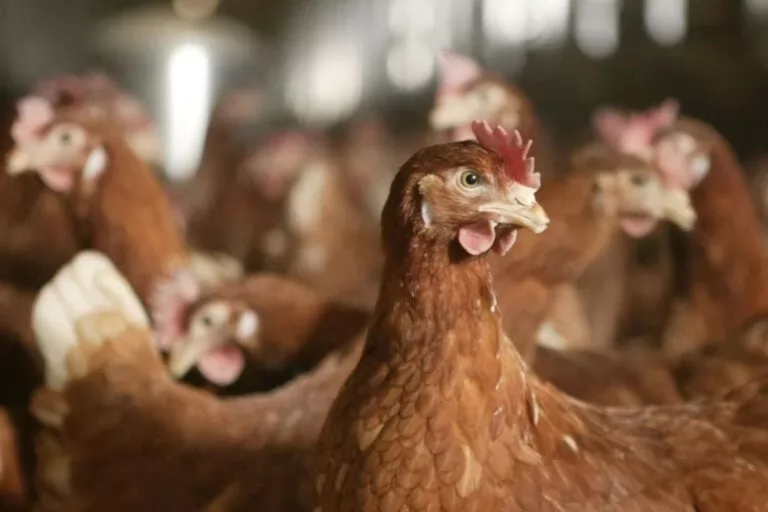Russian poultry industry increasingly relies on immigrants

There are reportedly very few employees who have gone to Russia to work in the agricultural sector. Photo: Canva
(VAN) Poultry farmers are intensifying their efforts to hire workers from India, Africa, and even North Korea to tackle the persisting labour shortage common in the agricultural sector.
Workforce deficit has become the key challenge for the Russian economy in the past 2 years, opinion polls repeatedly indicate. A study by the Russian Central Bank in April 2024 showed that 70% of Russian firms suffered from a labour shortage.
According to a report from the Institute of Economics of the Russian Academy of Sciences, the country currently faces a labour shortage of 4.8 million, a situation that rapidly worsened in 2022 and 2023, impeding economic growth.
The poultry industry, where labour issues were evident before 2022, has been hit hard by the problem owing to a shrinking population in rural areas.
The labour market is tough, as the latest research by the country’s leading job platforms suggests that there are no regions in Russia with excess labour resources, a spokesperson for Cherkizovo, Russia’s largest broiler meat manufacturer, told local publication Agroinvestor.
“We, like the vast majority of Russian employers, are actively broadening our sources of recruiting personnel, including engaging with labour migrants,” the spokesperson said.
Cherkizovo tries to pull workers from traditional Russian workforce donors, such as Uzbekistan, Tajikistan, Kyrgyzstan, Kazakhstan, and Belarus, but also makes efforts to hire workers in India and Sri Lanka.
Fewer employees entering Russia
This year, there are very few employees who have come to Russia to work in the agricultural sector, Agroinvestor reported, citing local sources.
This is primarily associated with the Russian ruble’s depreciation, meaning that foreign workers start earning less. For instance, Irina Koziy, CEO of the Berry Union, also warned that several factors discourage workers from seeking job opportunities in Russia.
“Entry into Russia has become very complicated. There are cases when potential labour migrants are kept at the border for 12 hours and then sent back. After this, foreign citizens prefer to work in other countries. Workers from Central Asian countries who traditionally come to Russia increasingly choose to work in Turkey, Europe or China,” she admitted.
Increasing wages in an effort to fill gaps
This is not the first time workforce shortage in the Russian poultry industry have come to a fore. In September 2023, Russian newspaper Kommersant, citing several poultry farms, reported that several companies struggle to fill between 25% and 30% vacancies.
To address the labour shortage, Russian firms have nearly doubled monthly wages during the last year, but the problem persists, Agroinvestor reported.
HD
(PW)
Maybe you are interested

Island commune expands cage aquaculture
KIÊN GIANG — Thổ Châu Island Commune in Kiên Giang Province is expanding breeding of marine fish in floating cages as it has favourable natural conditions for cage aquaculture.

Seafood exports to small markets grow positively
There's a big change in the structure of seafood exports when the density of exports to the US and China fell sharply and exports to Japan, Korea, and Thailand rose.

Breeds better suited to cage-free production
Research has shown that Hy-Line brown hens may be better suited for cage-free production based on overall greater egg production and other quality metrics.





